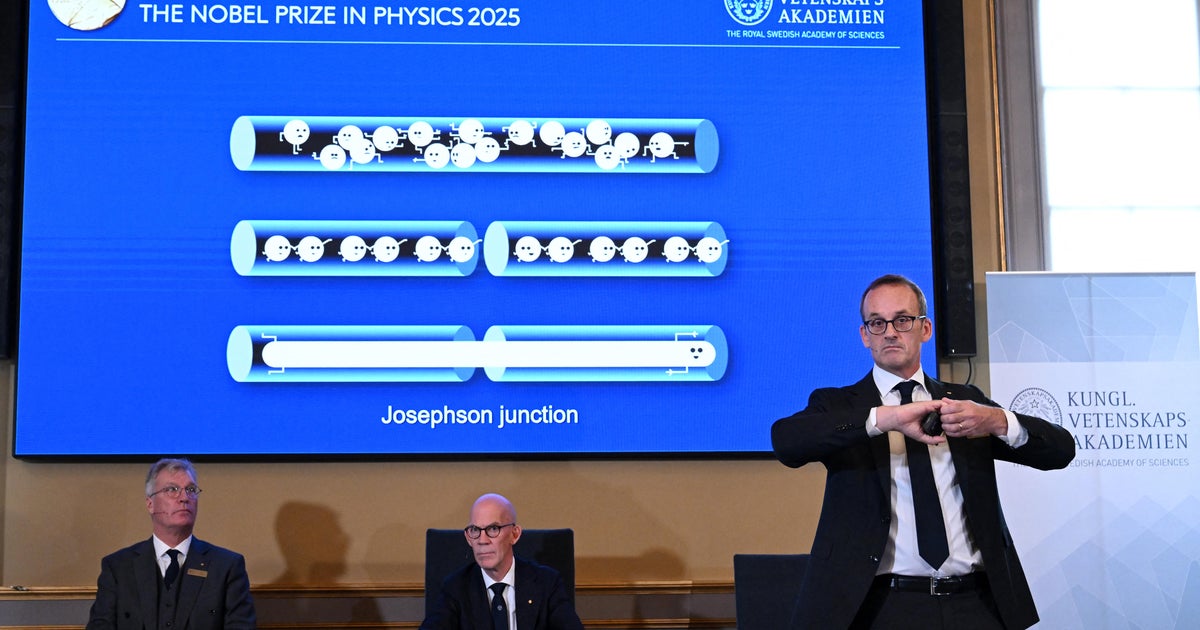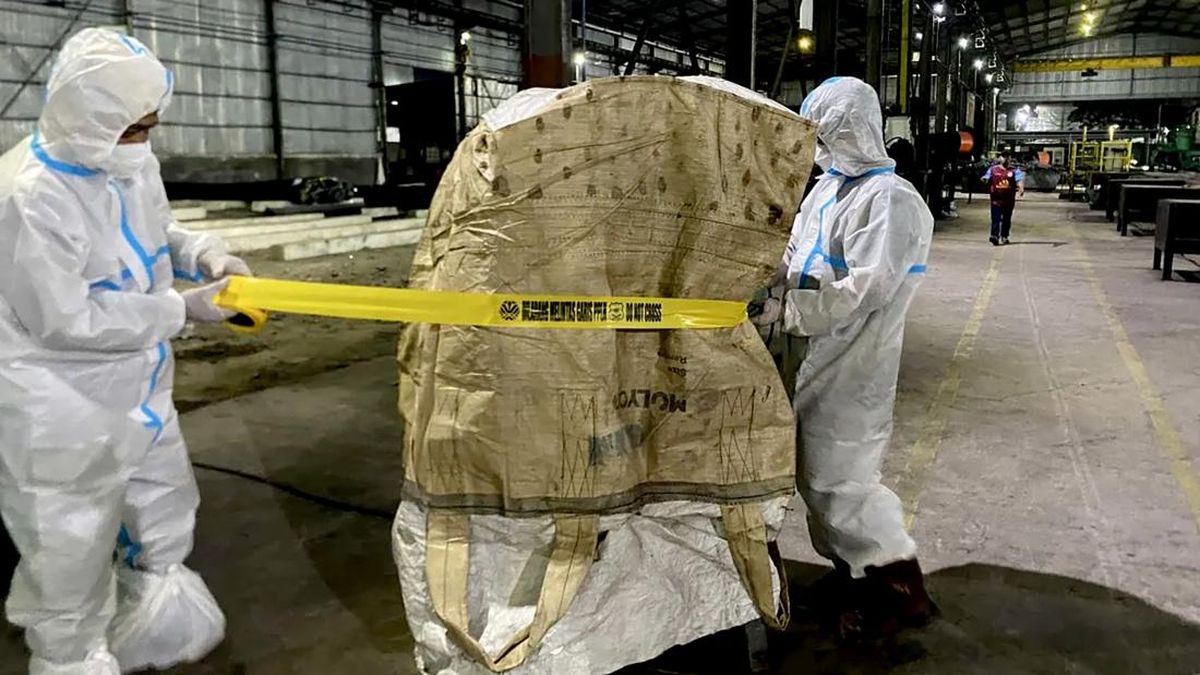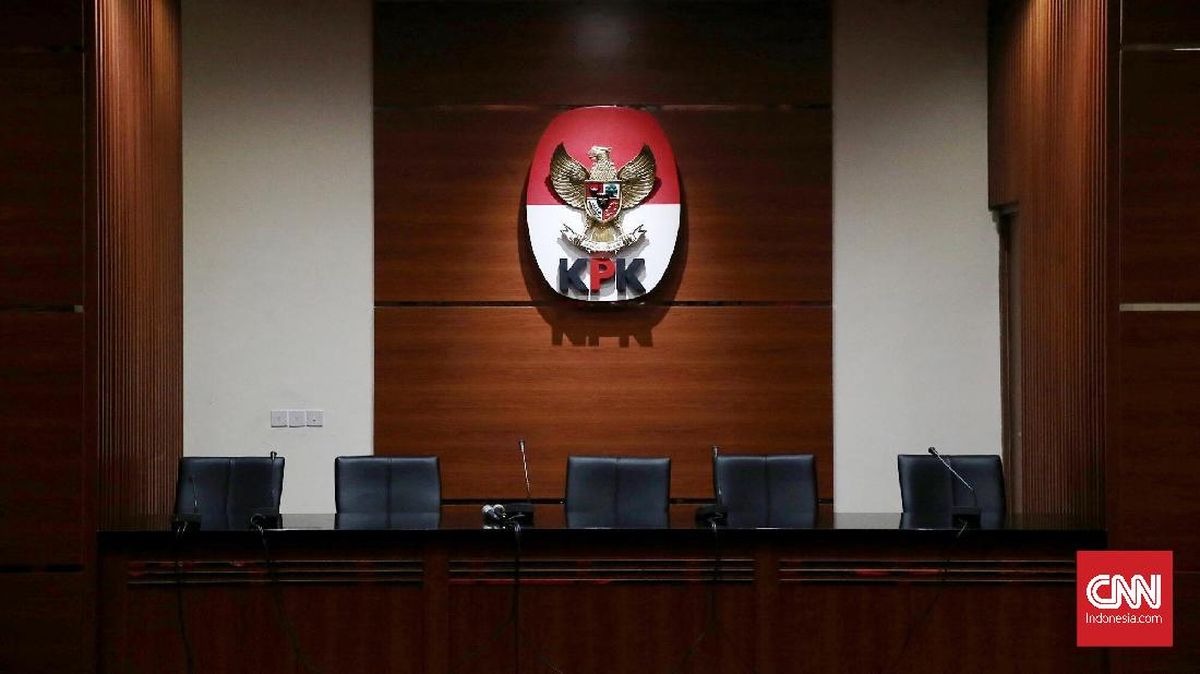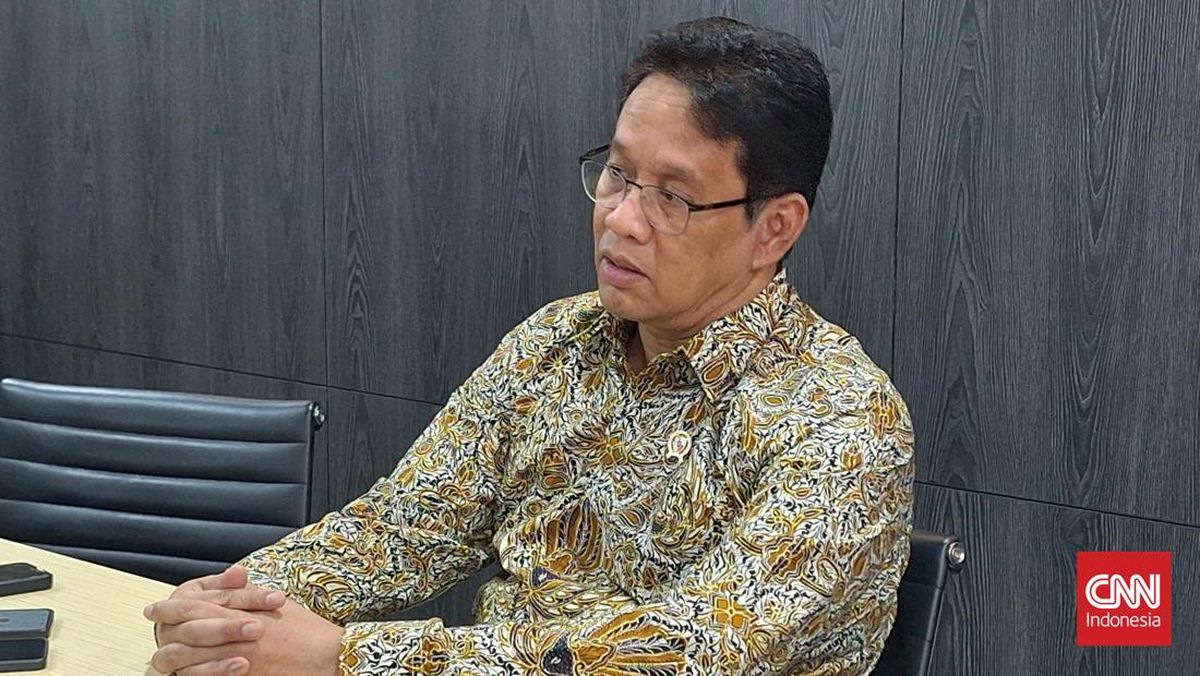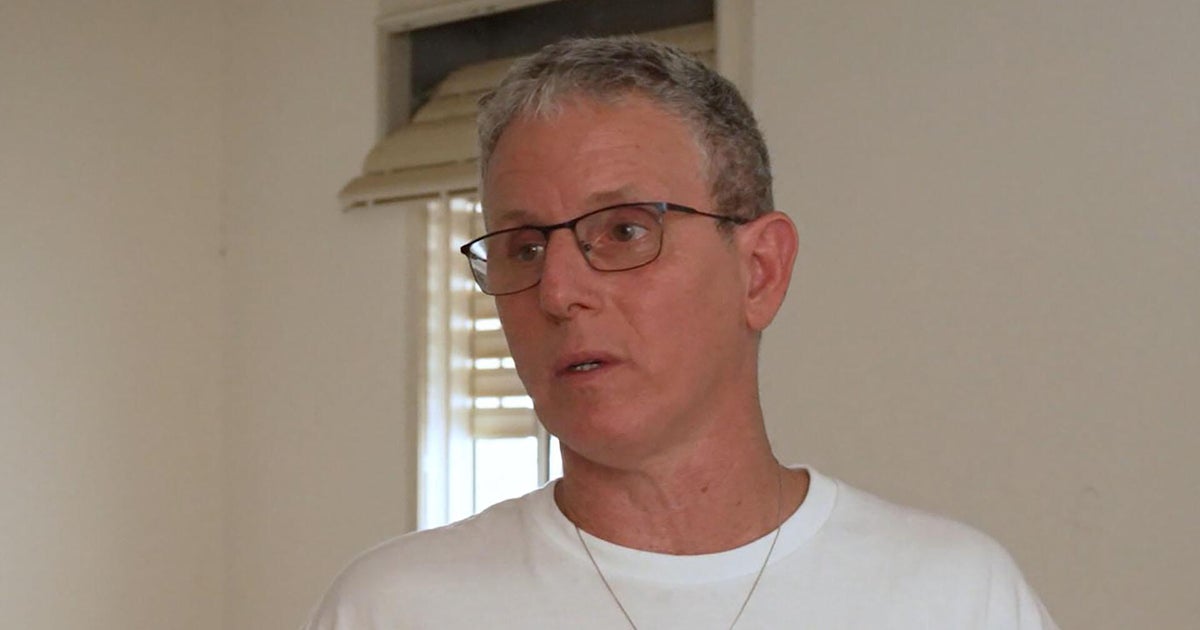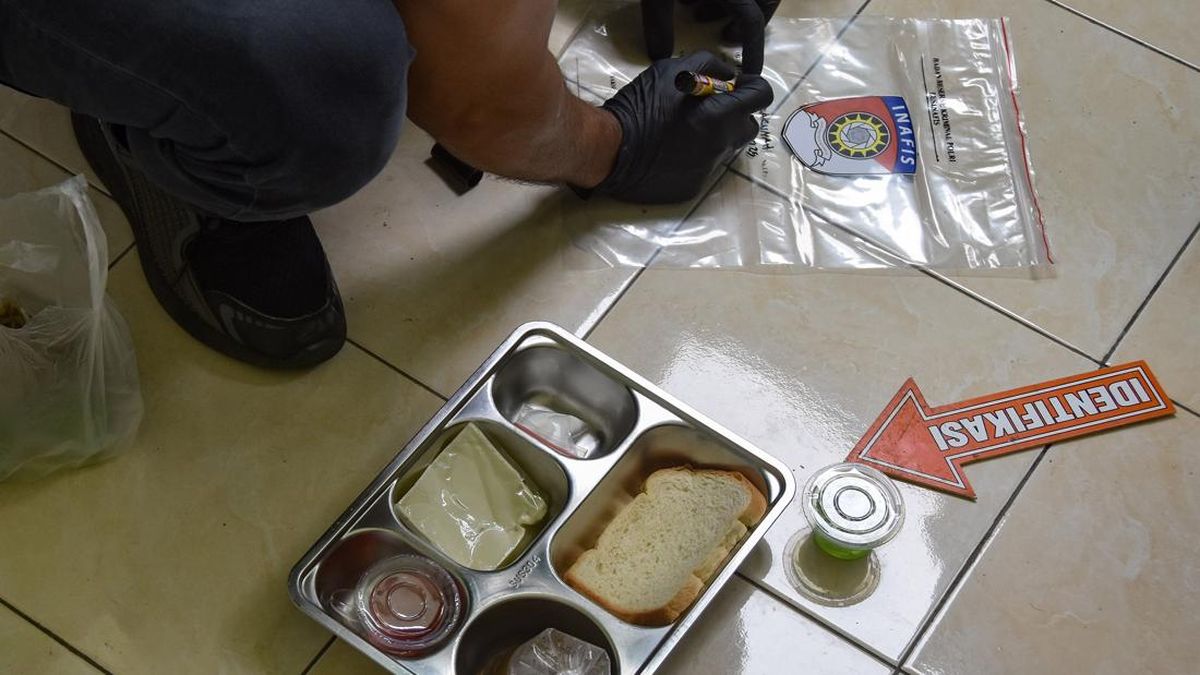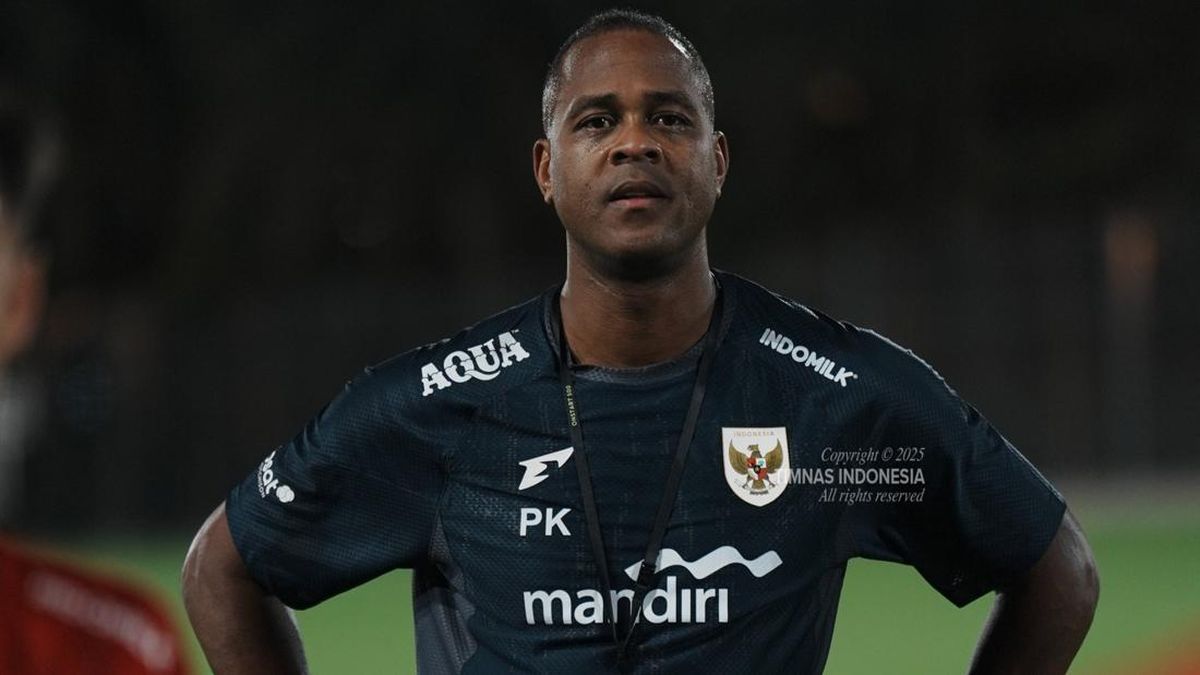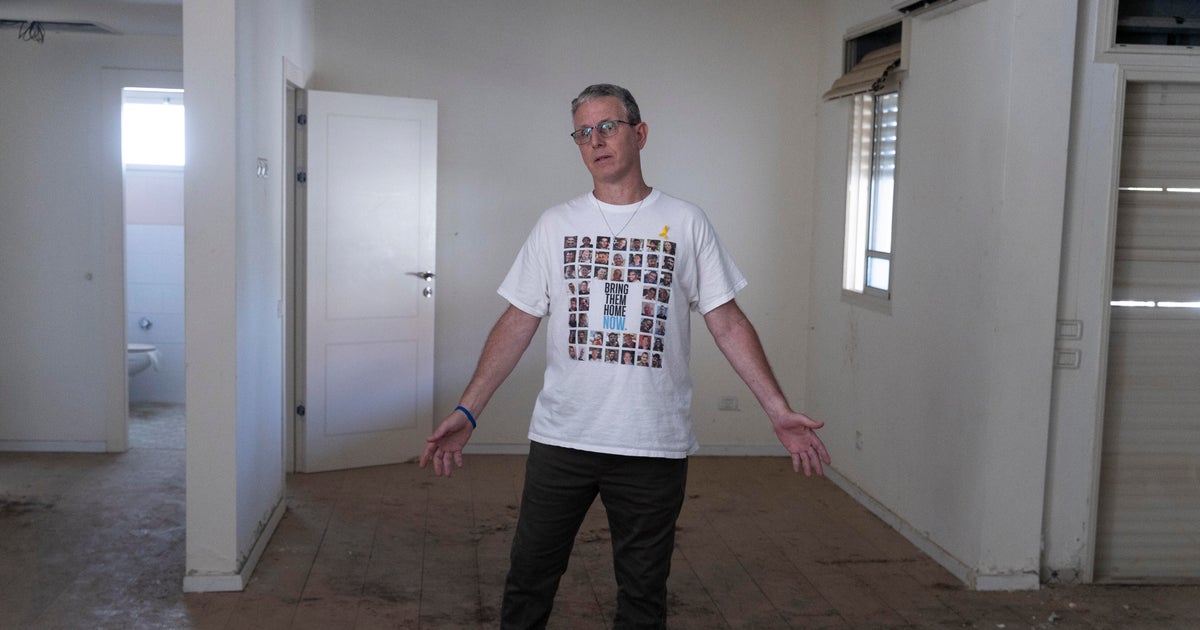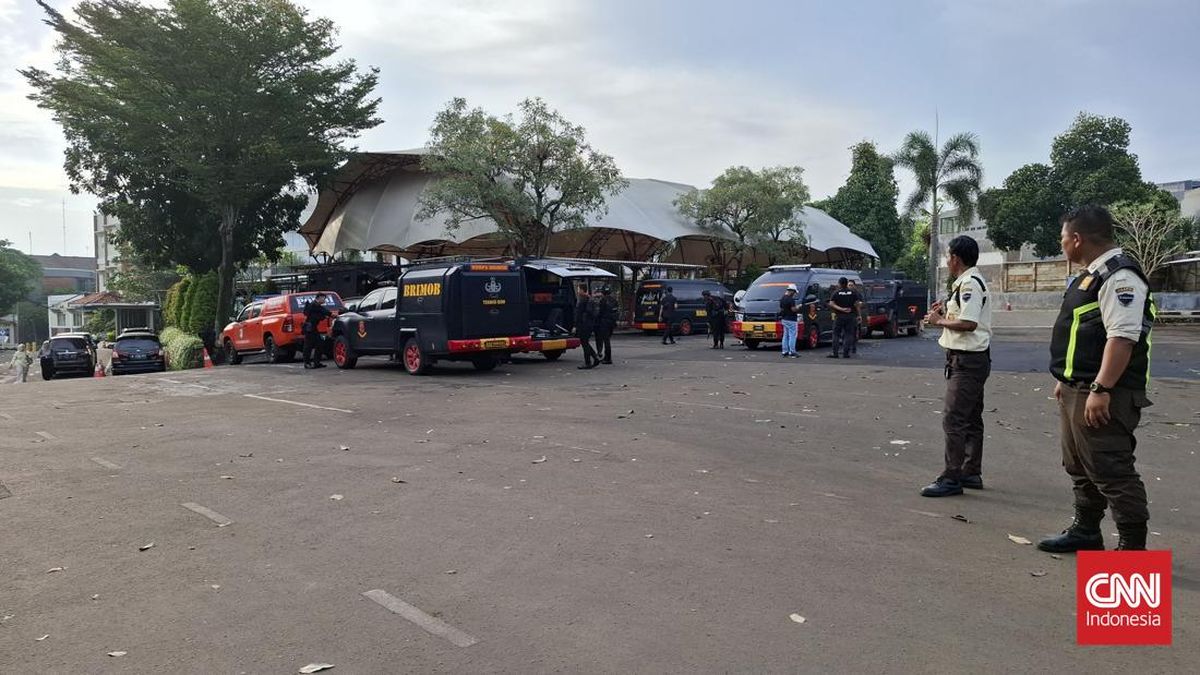It reduced school absenteeism while helping develop leadership, planning, commitment, judgment, and resilience.

A group of students training for the Track in 2010.Credit: Michael Clayton-Jones.
It also helped lower barriers between local teenagers and police.
“In the early years, there were some who would feign illness when it got tough on the track. We would cajole them and persuade them to keep going,” says Howard.
“We would teach them the four pillars: Courage, mateship, sacrifice and endurance. Many would come back with a new attitude to life.”
He remembers some of the teenagers seeing the police who had hiked with them. “It was outside the police station and the kids came up and were hugging and high-fiving us.
“Their mates said, ‘What are you doing, they are the enemy?’ They said, ‘No, they are good people’.”
Superintendent Howard retired a year ago after 47 years in the job. He knows what is happening on the streets.
“We have to find ways to break down the stereotypes. We see these young offenders publicly identified as Africans. That is so wrong because just about all of them have been born in Australia.
Loading
“This is not a police problem, it is a community one. We won’t arrest our way out of this. There is a hardcore group of around 400 young offenders. We have to find ways to reach them.”
Yet, the crime debate has been reduced to black and white. Politicians are seen as either weak or strong on crime. We want instant solutions to a long-term problem and one answer to a thousand questions.
With every new outrageous crime, the government boasts its tough new laws are working. The figures show they are not.
The government talks of thousands of machetes that have been surrendered. I defy you to find one dangerous young offender who has popped his machete in a purpose-built bin outside a police station.
The government says it has the toughest bail laws in the country and yet dangerous young criminals are released on bail to continue offending.

Victorian Premier Jacinta Allan, Police Minister Anthony Carbines and Assistant Police Commissioner Brett Curran launching machete amnesty bins in July.Credit: Jason South
The facts are that you are not serving the community, the victims or the offenders by releasing them.
Picture this. You are a teenager who struggled at school. Repeated COVID lockdowns left you further behind as your parents lacked the skills to assist with learning from home. Aimless internet scrolling replaces learning.
Any aspirations to find a worthwhile job have disappeared. Lost and lonely, you join a gang to belong. You steal cars and are arrested for the first time. You are interviewed in a police station. You are terrified and confused about a system you cannot possibly understand. You are given paperwork you struggle to read and given a court date you immediately forget.
Loading
Then, eight hours after your arrest, you are released. You are free to go.
To your gang you are a hero. You are tagged on social media and condemned by mainstream media. You are someone – you are Bad. And so you do it again and again.
With punishment delayed, the offender becomes bolder. When they end up in court on multiple offences it is too late. They are too far down a dark alley to turn back.
Why do courts bail? A young offender is caught carjacking a vehicle. His trial may be 12 months away and if he were to be jailed he might get 12 weeks. So it is unfair to keep the young crook in remand for longer than their ultimate sentence.
What we need is not tough new laws but a system fit for purpose.
But the system doesn’t want to change. Too many people are wedded to what is, not what could be. After all, they make their living from it.
Loading
These cases are not complex, as most times the offenders are caught red-handed. They should be dealt with within weeks leading to sentences that include punishment and rehabilitation.
In 2012, the UK parliament released a White Paper, called Swift and Sure Justice, that found: “Too often we see offenders who, rather than having been on the receiving end of swift justice, have waited months to be brought before the courts during which time they have committed a string of other offences, which need to be prosecuted.”
Doesn’t that sound familiar?
“The system is in need of modernisation, with old-fashioned and out-dated infrastructures and ways of working that suit the system rather than the public it serves ... A member of the public would be astounded if they visited a court. They would see rigid working practices, and they would see a culture that seems to tolerate waste, delay and failure.”
Chief Commissioner Mike Bush is set to announce a back-to-basics police strategy with the ambitious and noble aim to reduce the crime rate by 5 per cent.
The key will be to reduce none-core duties to get more police available for visible patrols. But the problem is not catching the offenders, it is stopping them re-offending.
Bush will want more visible police patrols on the basis that if you see cops you won’t offend.
Loading
But there is a problem. In the last month, 100 police have retired or resigned. That is 2000 years of experience gone in four weeks.
And there will be police who work nine-to-five shifts who will quit if they are told they are back on a 24-hour roster working general duties.
The burn-out is increased by endless paperwork, pointless court appearances and a revolving door where they are arresting the same people time and time again.
The massive and relatively modern Port Phillip Prison is about to close.
Why not repurpose it as a juvenile justice hub?
It could easily take a court, remand section custody centre, psychiatric clinic (it already has a hospital), market gardens, and a specialist TAFE.
How about an industrial zone where businesses such as panel beaters and industrial kitchens could be offered rent-free factories in exchange for training and using young inmates, who could learn skills other than carjacking?
The UK White Paper found, “Presently too many prisoners are able to pass their time in prison in a state of enforced idleness, with little or no constructive activity. We want prisons to become places of meaningful work and training, where many more prisoners work for up to 40 hours a week, and possibly beyond.”
In Britain, convicted criminals are given work experience with 40 per cent of their wages sent to victim support charities.
This column has previously looked at how Glasgow, the knife crime capital of Europe, has made massive inroads into a gang culture that has been part of the culture for more than 100 years.
Loading
The experts there say the greatest crime is to rely on what has failed and wait to try and find the perfect solution. Newsflash: there is none.
We have also reported that when then-deputy commissioner Ross Guenther called for a crime summit involving all the elements of the criminal justice system, the government turned on him, seeing his entirely sensible suggestion as breaking ranks.
The government and opposition need to decide if they want media moments or meaningful change.
If you want to break the youth crime cycle, stop worrying about the 24-hour news cycle.
Appoint an expert advisory panel, give them six months to report and act. I’ll even give you the names: Former police Nigel Howard and Ross Guenther, former prosecutor and chair of the Post Sentencing Authority Michele Williams, KC, a retired Supreme Court judge (either Betty King or Lex Lasry), Churchill Fellow winner, former prison officer and expert on the rehabilitation of young offenders, Anne Hooker, Salvation Army Major Brendan Nottle, and barrister Greg Barns, SC, an expert on civil liberties.
It is never about being tough or weak on crime. It is about being smart on crime and having the political will to act.
Or just hold more press conferences. I’ll give you a tip. No one is listening.
John Silvester lifts the lid on Australia’s criminal underworld. Subscribers can sign up to receive his Naked City newsletter every Thursday.

